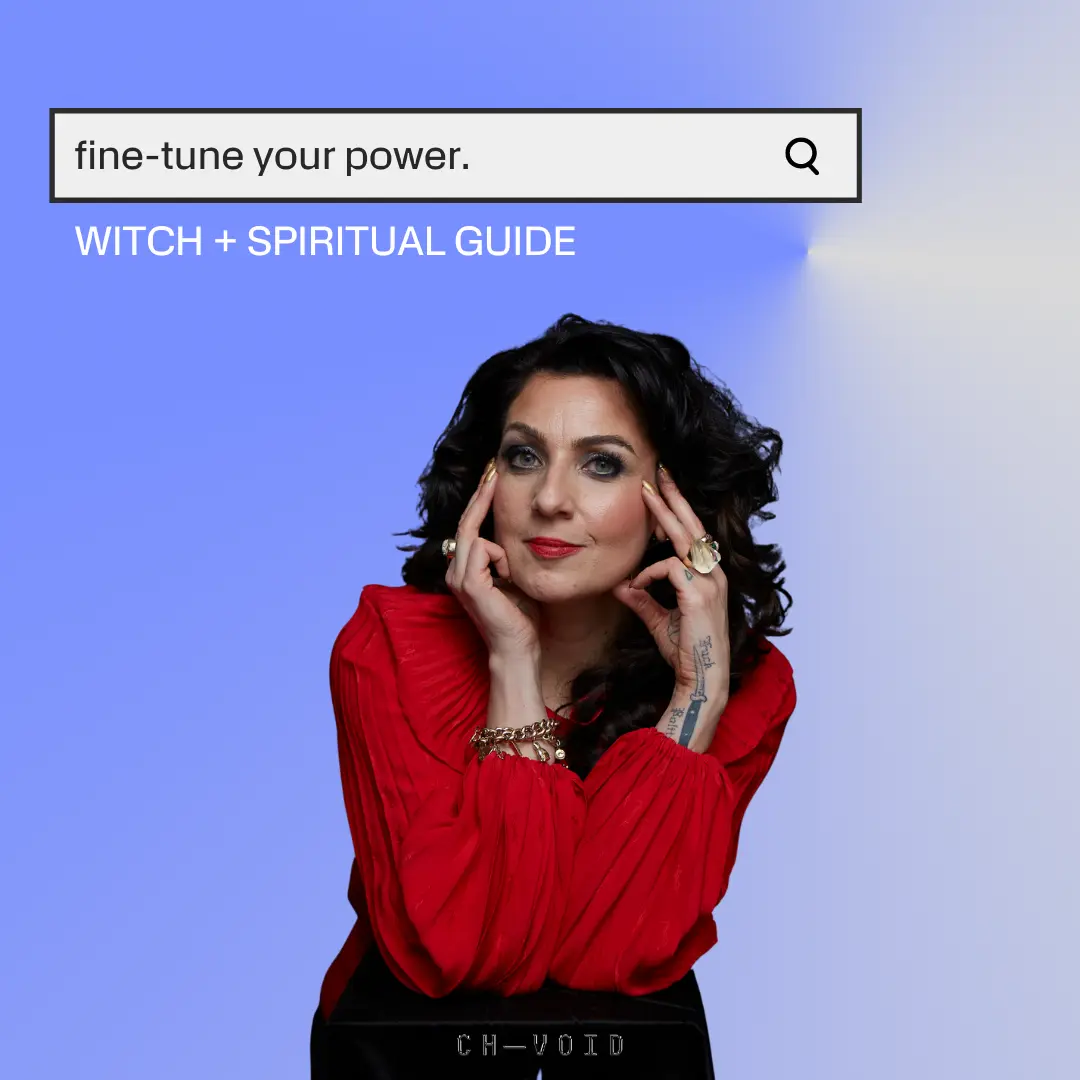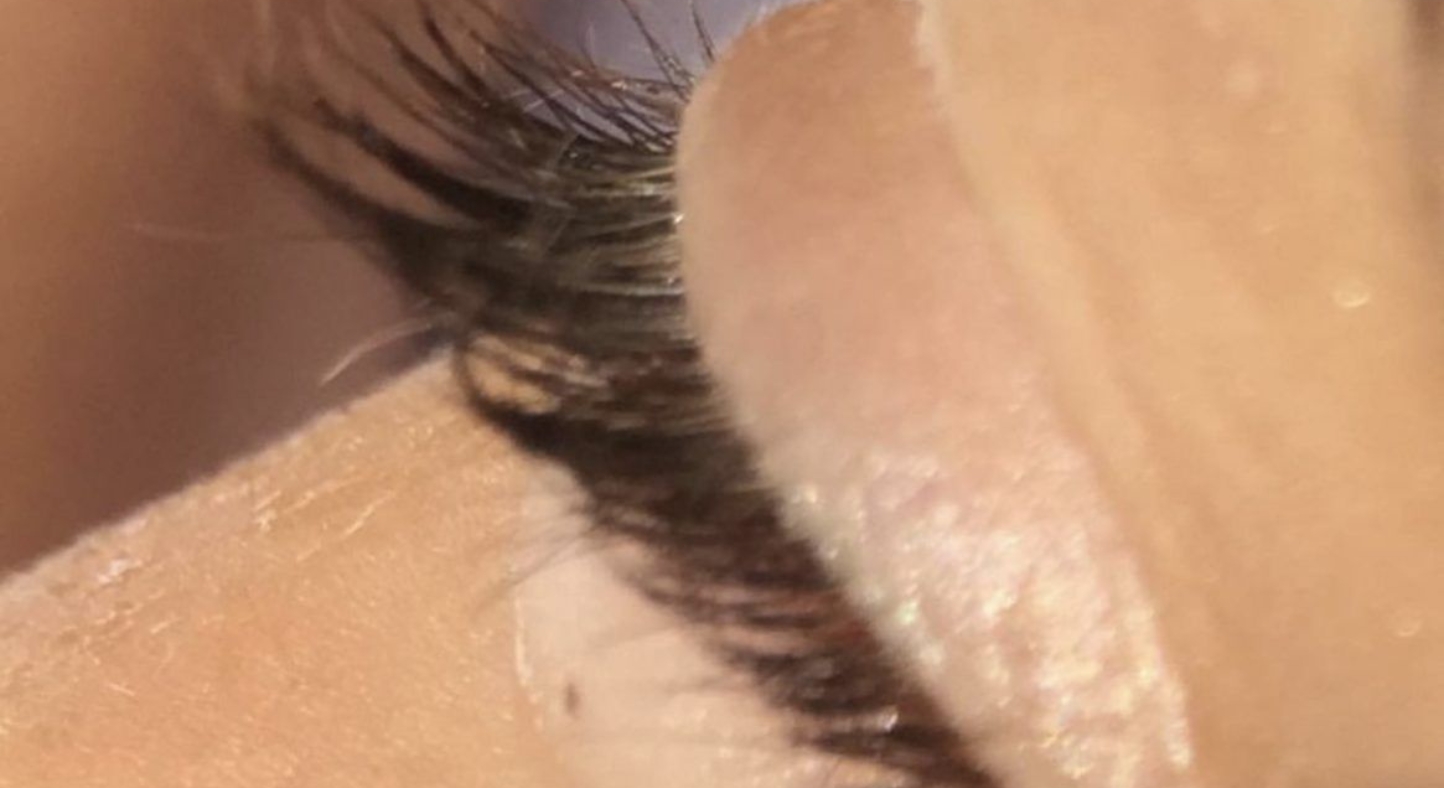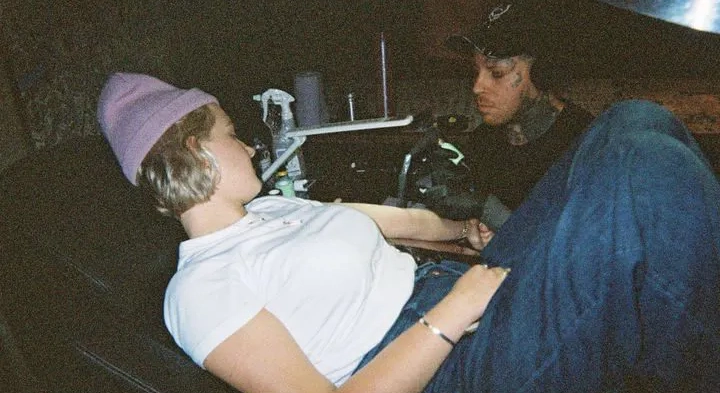Main character energy
The writer’s mindset and narrative self.
One of the most common pieces of advice given to budding writers is this: If you want to be a good writer, you have to live a life worth writing about.
For a long time now, I’ve dreamed about living the ‘writer’s life’. I idolised the lifestyles of Elizabeth Wurtzel and Hunter S. Thompson with their dysfunctional social lives, inconvenient relationships, never settled and always on the go; moving through big cities and remote towns under the impression of spontaneity but more so a predetermined pursuit of new material. In this life, the end goal is not a house or a nice car but rather a bagful of stories and a collection of anecdotes.
This dream of mine has taken form in different ways. I quit my full time PR job to be a freelance writer and pursue a ‘digital nomad’ lifestyle. But, such a ‘writer’s mindset’ has influenced more than just my career path and led to a somewhat hysterical attempt to force my life into being something worth writing about.
I’d prioritise experiences that had some sort of anecdotal thrill to them. A missed plane, a suspicious encounter with a stranger, an impromptu career change are rarely dwelled upon as a matter of inconvenience, but rather embraced – even encouraged – as fodder for a personal essay. ‘This would make such a good story’, I would reassure myself as if an autobiographer was scrutinising my life to determine its mass audience appeal. I would gravitate towards people based on their deviancy over decency, hoping they’d be responsible for something interesting happening to me, not by me. Parties, trips and events would often be vetted based on this incentive. I’ve done some destructive stuff for the sake of having a good story to tell, as will I continue to do so.
Humans are hardwired for stories. According to anthropologists, storytelling is the one trait that separates us from animals; this need to symbolise, attach meaning to the meaningless and create connections between experiences and our sense of self. When Joan Didion wrote, ‘We tell ourselves stories in order to live’, she showed how stories can seize control of us emotionally and psychologically. In Self Comes to Mind, behavioural neurologist Antonio Damasio explains that humans have a unique awareness that our lives are stories that begin when we’re born and end when we die. And because of this, it is not enough to merely survive day-to-day. Our personal story has to mean something and so, through our ‘narrative self’, we learn to make sense and create meaning in our lives. This is why we’re subject to ‘main character energy’ and process love, loss or hardship as being ‘just like the movies’.
If storytelling and the ‘narrative self’ is so innate to humans, is living under the paradigm of a narrative really so bad?
For one, I worry I have become too shallow, too precious with my time as I overemphasise the significance of what people can add to my story rather than what they can add to my life. Similarly, the concern here isn’t that my choices would let down the story, but rather the story pursuit would control my choices completely.
Eric Santner, a professor at the University of Chicago, explains that stories can be a disguised way of shutting our ears to what hurts and scares us the most. When Kilroy J. Oldster wrote, “The greatest fear that human beings experience is not death, which is inevitable, but consideration of the distinct possibility of living a worthless life,” perhaps it can be concluded that this writer’s mindset is simply a tool to view interactions and experiences and decisions in a way that makes life feel most meaningful.
The ‘writer’s mindset’ and the ‘narrative self’ can also act as a defence mechanism. When experiences are repackaged as ‘a chapter’, ‘a dramatic arc’, or ‘necessary character development’, there’s less attachment to concrete truths or harsh realities.
I’m not sure if I’m guided by this mindset out of fear, obligation or a sense of dissatisfaction. I think the truth is somewhere in the middle. But living by the writer’s mindset and for my ‘narrative self’ is a trade-off I’m willing to accept. Because the writer’s mindset offers both self-protection and self-fulfilment. Hardship becomes easier to overcome when I accept it as simply adding ‘value’ to my personal plot line. When I seek out stimulation over satisfaction, I bypass happiness and find fulfilment instead.
So, as I map out my life and trace possible narrative arcs through a series of international moves – a remote Vietnamese village, New York City, Lisbon – I chose to both thrive and suffer in eager anticipation for the stories that may unfold.
+ IMAGERY: Monika Mogi





















